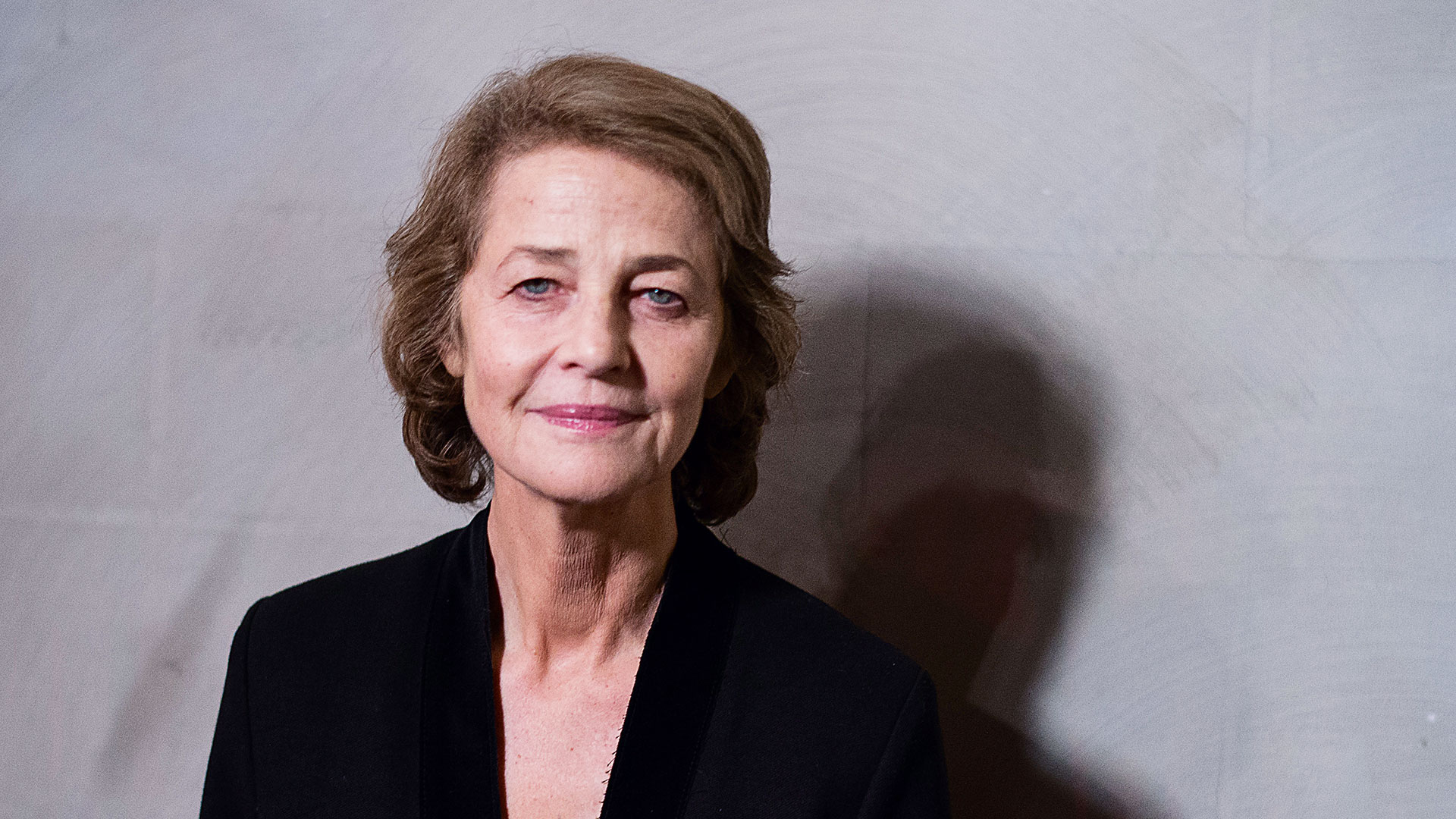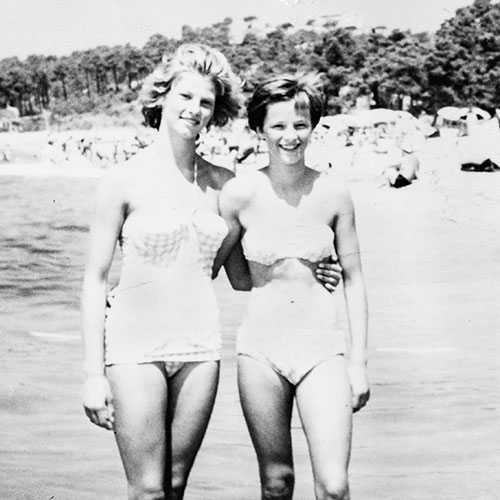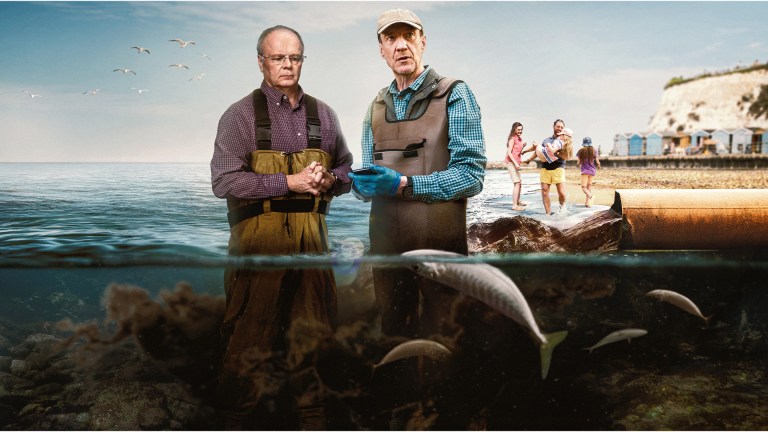France has been Charlotte Rampling’s home for 40 years. In her duplex in Paris’ 16th arrondissement there are high ceilings and paintings everywhere, hanging and leaning. A small black-and-white TV is tuned permanently to a classic movie channel, the sound off. Classical music plays in the background.
She moved here in 2002 with her long-time companion, Jean-Noel Tassez, who died in 2015. Following Tassez’s death, she had thought it would be too difficult to remain alone in the apartment. Instead she discovered that the rituals of death – a “good” funeral – make it possible to integrate the past with a new present.
“The funeral was amazing,” she says. “My sons looked after everything and we chose all these incredible things and a huge number of people came.
And something happens, something that will live in you afterwards. What I found out, which was very positive, is that you’re accompanied for a very long time by your dead friends and dead loves, which I’d never had before. It’s been the most amazing companionship. Eventually you feel them go… Then it’s about getting back into the land of the living. It is just that. I do know, now, about grieving.”

Rampling has never made any secret of the darkness that enveloped her 40s when she all but disappeared from view. What was a secret until not so many years ago was the reason for it: the death, at 23, of her beloved elder sister Sarah, who shot herself in her home far away in the Argentine pampas, her premature son not yet home from hospital. Their father decided the true story was too awful to be told so having taken the call from his cattle-rancher son-in-law he told his wife, and Charlotte, that Sarah had died of a brain haemorrhage. The fiction was easier to maintain in the unwired 1960s but two years later Rampling learned the truth. By then a stroke had almost totally incapacitated her mother and when she confronted her father it was agreed the truth must remain unspoken. You don’t need great psychological insight to link Rampling’s unresolved grief for her sister with her breakdown.
“It’s like post-traumatic stress. You go on for ages. You haven’t seen anything. Someone has just disappeared. And they’re not going to come back. Apparently.”












